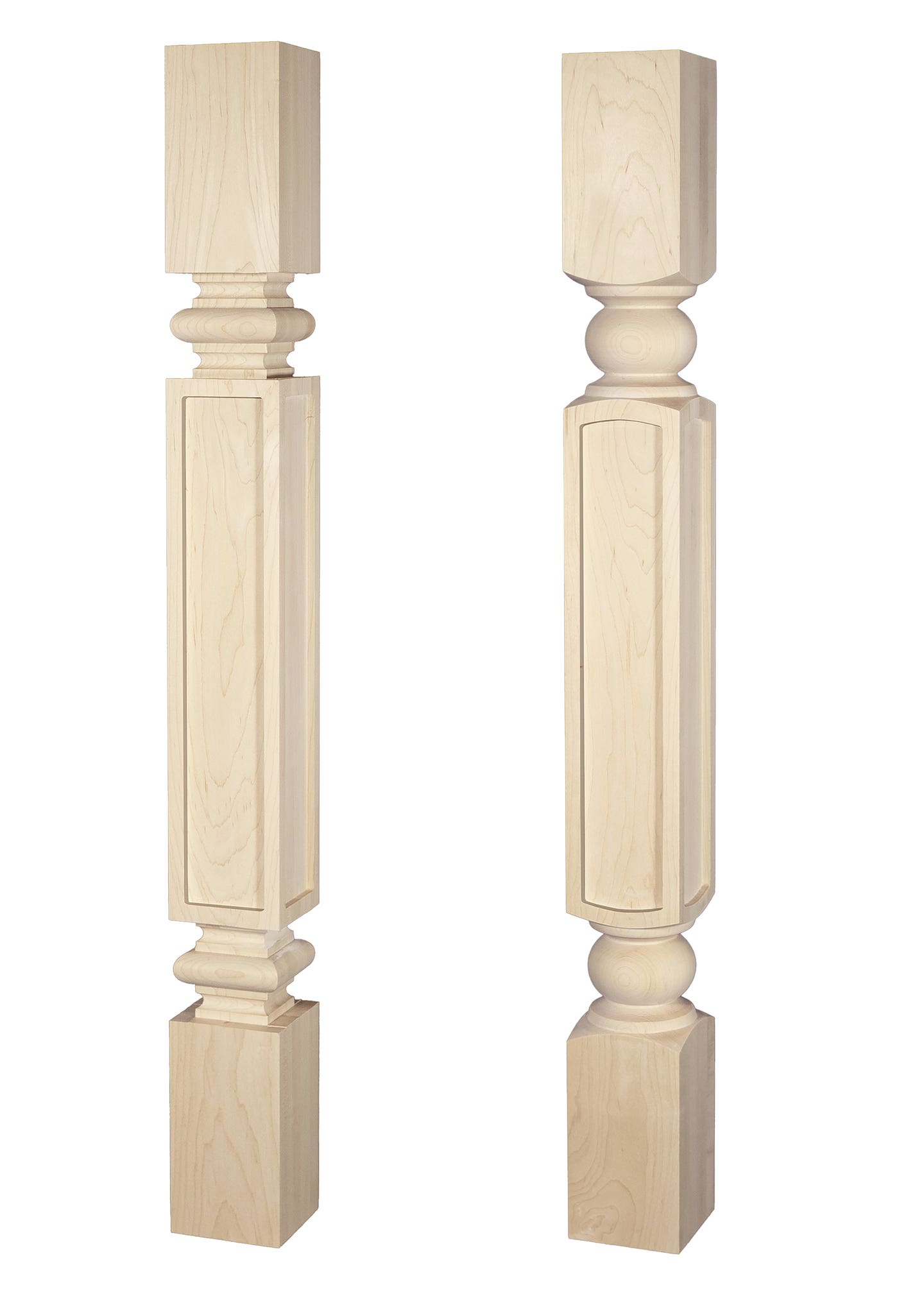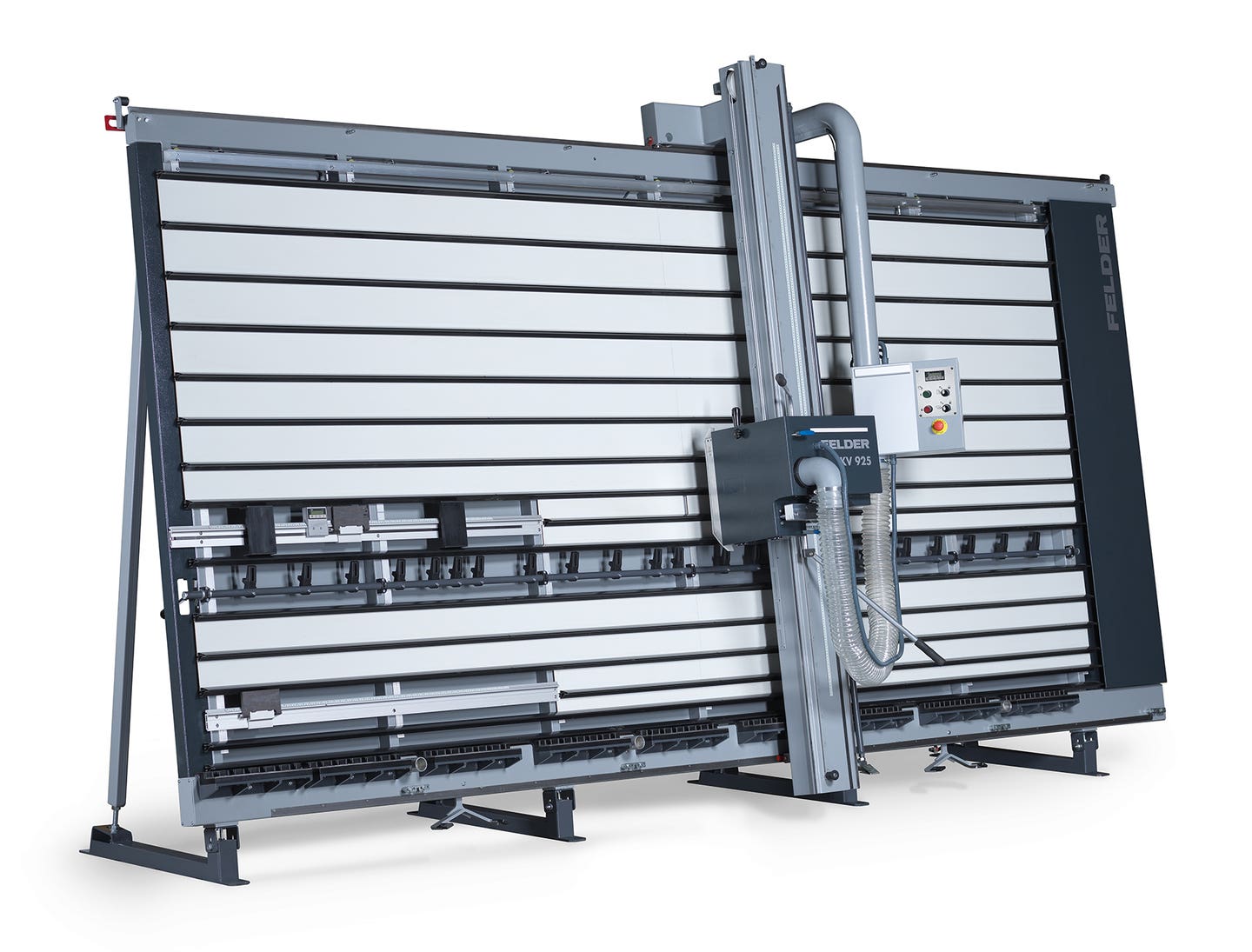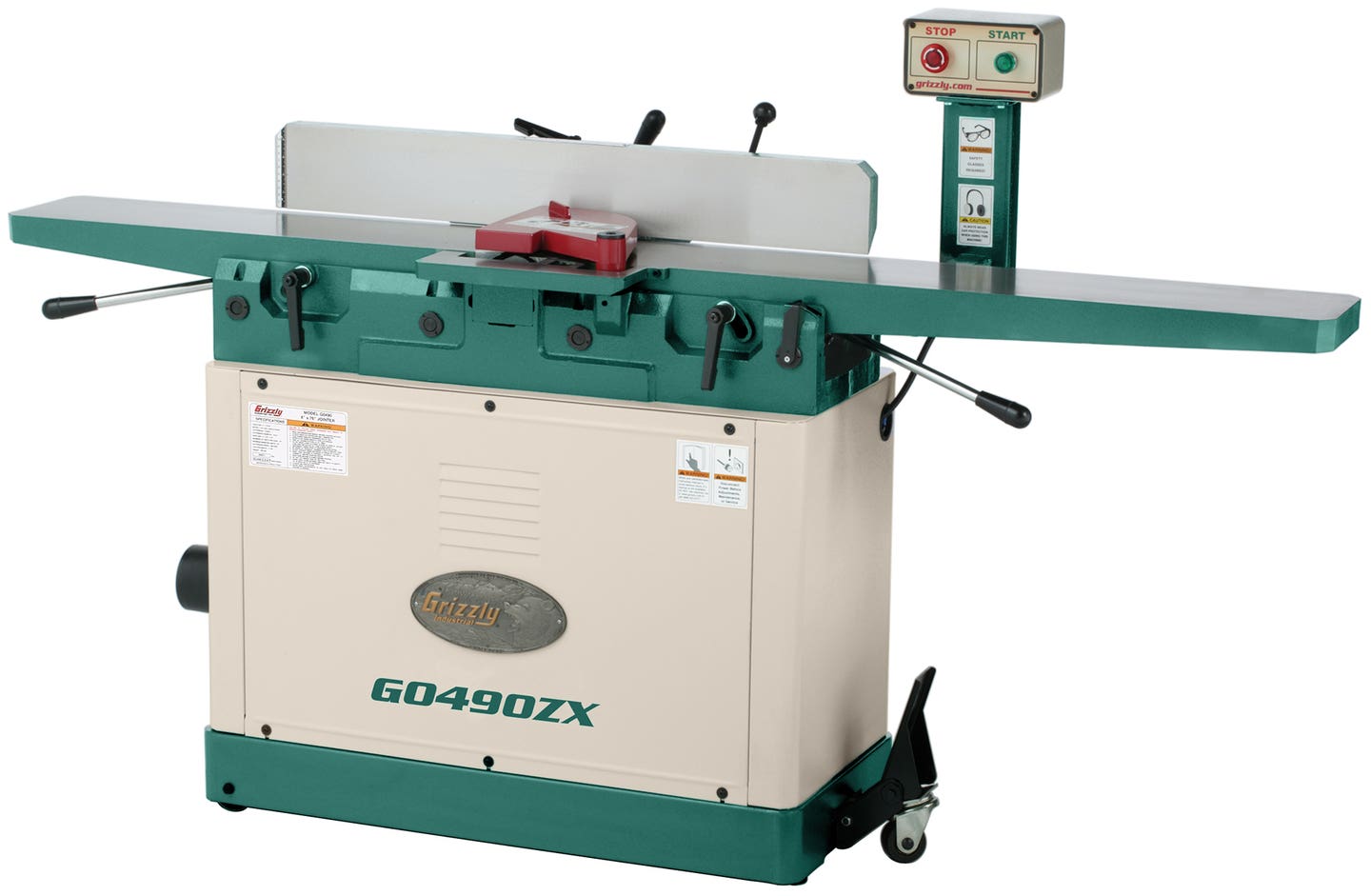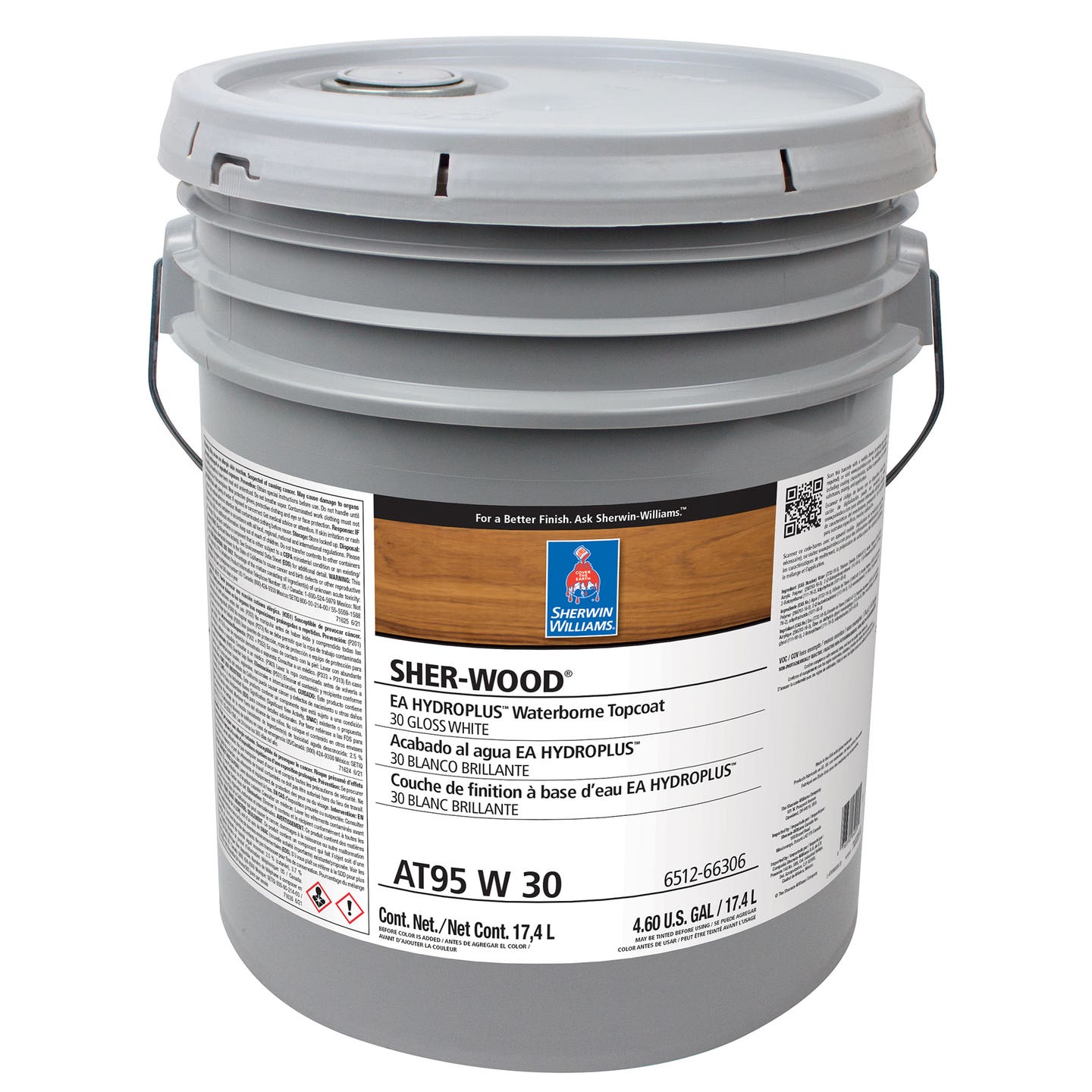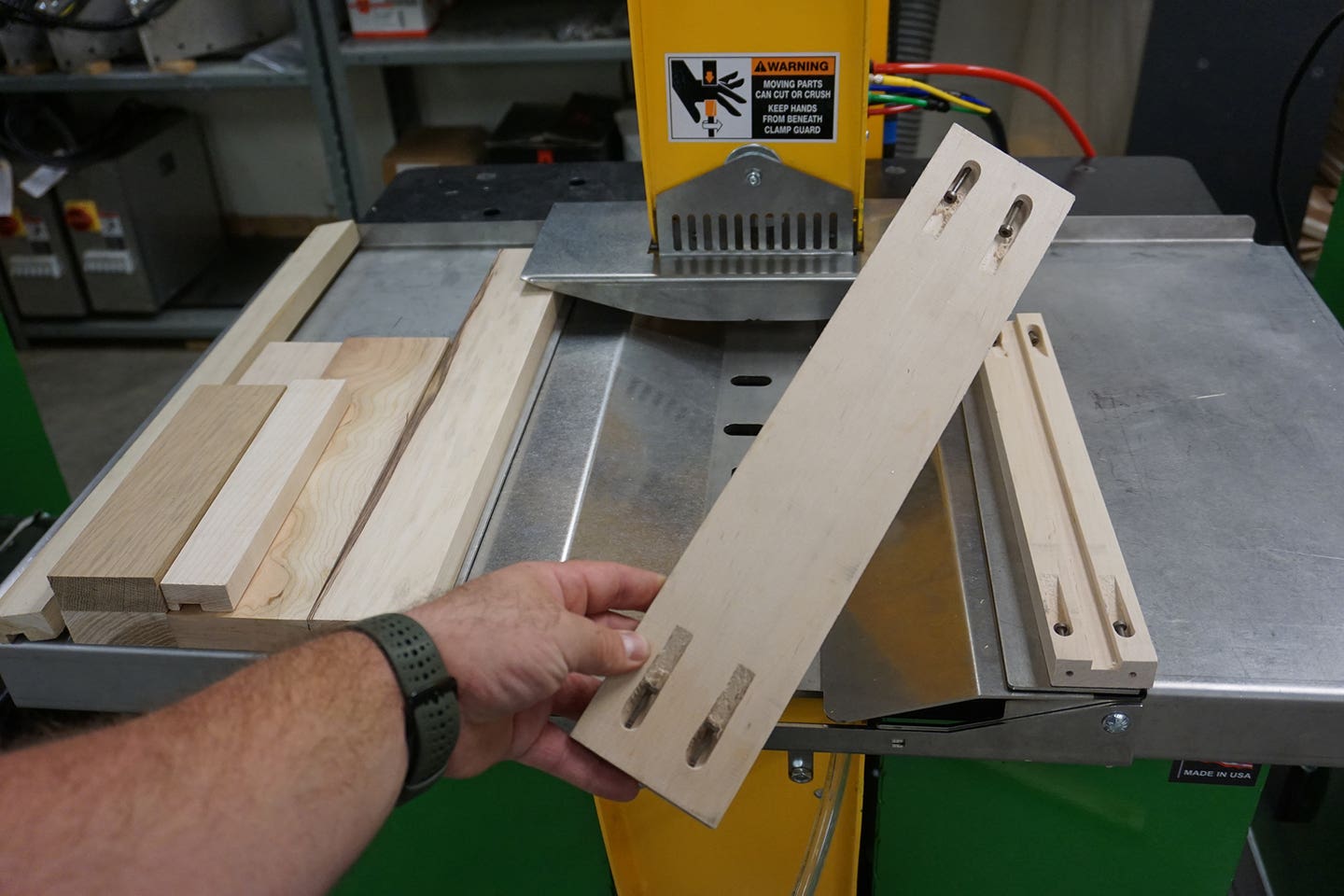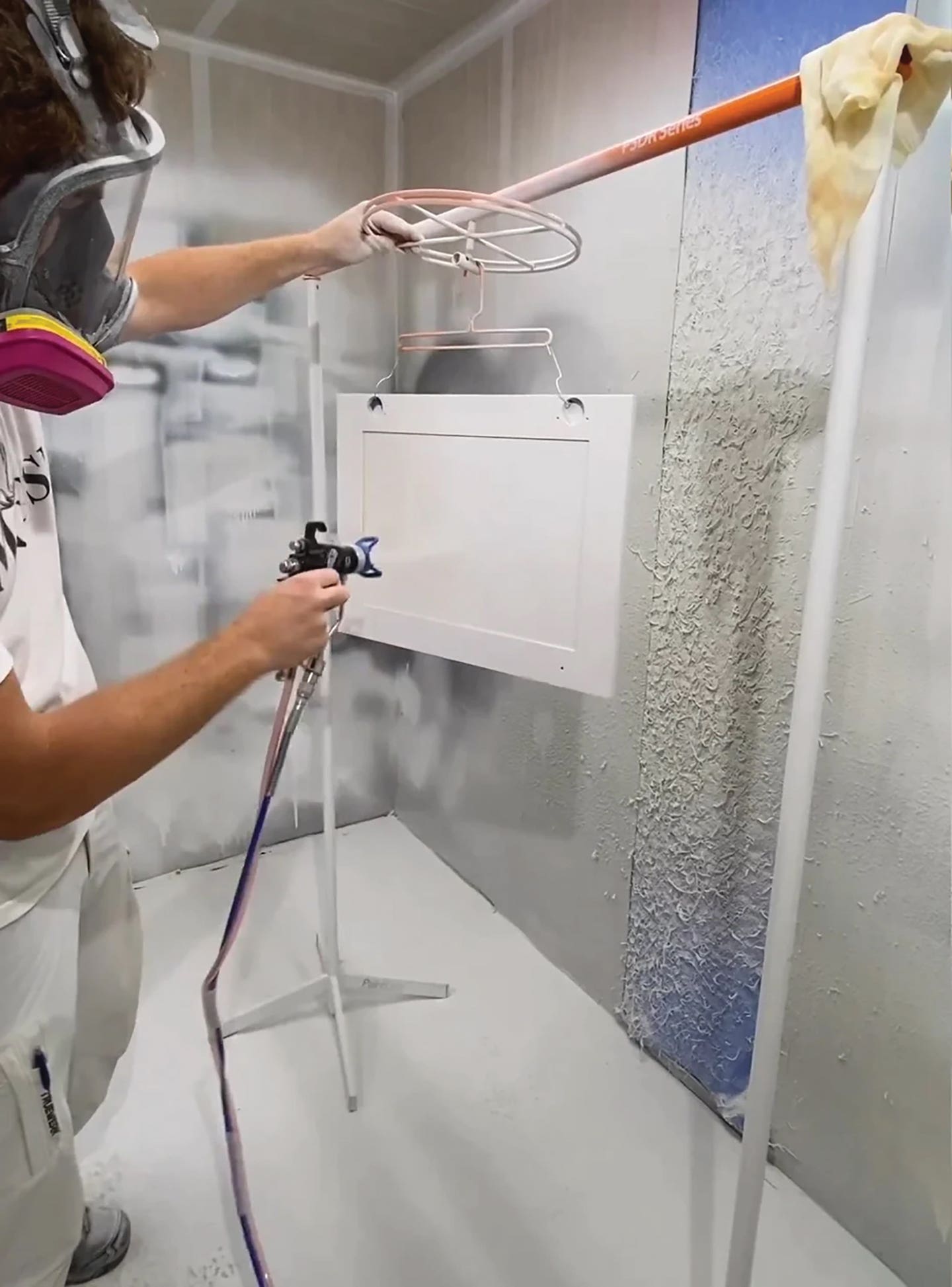Pytha pitches 3-D CAD software in U.S.
Company says its design program can add another dimension to the enhancement of cabinetmaking projects {loadposition position10} Pytha, an international supplier of 3-D CAD software founded in 1978, has recently…
Company says its design program can add another dimension to the enhancement of cabinetmaking projects
{loadposition position10}
Pytha, an international supplier of 3-D CAD software founded in 1978, has recently increased its presence in the U.S. market. Pytha says its design software is ideal for use in various woodworking applications such as custom cabinetry and millwork, furniture, interior design and architecture.
Product manager Christopher Simpson says the software allows for easy work flow in the planning, presentation and production stages. He says the overall highlight of the product is that there are no creative limitations.
"In the cabinetmaker world, what Pytha provides that others don't provide is the fact that, because it's a 3-D CAD system in its most basic sense, it's completely versatile for anything custom because you're designing in a 3-D world. There are no restrictions on what you can build."
Pytha offers the immediate design of 3-D objects that allows for further applications such as creating sectional drawings, views and details. An enhancement with 2-D sketches, dimensions, hatches and textures can be performed at any time. Material properties, names and various icons are directly included and can, for example, be displayed in part lists for calculation purposes and used for a photo-realistic visualization at the same time.
"We only provide the ability to do the machining from the hardware. If you wanted to change the angle of your cabinet panel so the top is skinnier than the bottom, you can do that. You can grab panels and make them closer or wider. You can change the height of shelves quickly. You can create a custom shape. If you want one that's arched, Pytha knows what to do with it," says Simpson.
Pytha also offers several tools for design presentation, such as the integrated RadioLab program, which makes it possible to calculate photo-realistic renderings or walkthroughs with animation. The RadioLab feature offers a real-time or "lifelike" display of the final product. Client's wishes, such as materials and textures, can be immediately implemented in the presentation.
In the final production stage, Pytha helps with its "screen 2 machine" technology, allowing the transfer to a CAM system or a CNC machine. The software operates in Windows XP and Vista.
The software also has 3-D libraries from standard component manufacturers, can produce a parts list for ordering, bidding and manufacturing, and create video projections for clients with Dolby surround sound.
Pytha programs are structured in a modular format, so various packages are available. A very basic rendering package without CNC sells for less than $10,000. For more flexibility and CNC use, a package sells for less than $15,000. The full rendering package with walkthroughs, movies and animation sells for about $20,000. A two-day training program is included with the purchase.
Contact: Software Design Technologies, 12345 Jones Road, Suite 292, Houston, TX 77070. Tel: 866-682-3016. www.softwaredesign-tech.com
This article originally appeared in the October 2009 issue.


